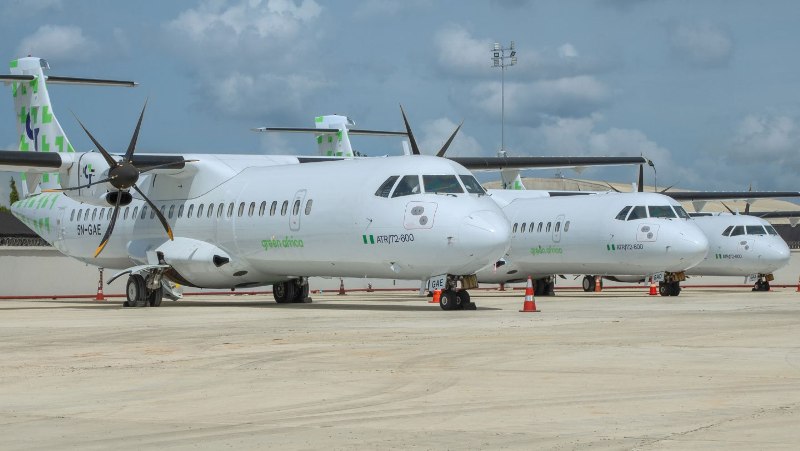Stakeholder Expectations From FNAC 2023

The expectations of stakeholders in Nigeria’s aviation industry from the 2023 edition of FAAN National Aviation Conference (FNAC) are very high, considering the theme of the conference, SUSTAINABILITY OF THE AVIATION INDUSTRY IN NIGERIA.
Participants at the event scheduled to hold from May 15 to 18, 2023 at International Conference Centre, Abuja are looking forward to exchanging ideas on solutions to existing performance constraints in Nigeria’s aviation sector and would possibly advance strategies for improvements and sustainability of airports business, airlines routes development and aviation investments in Nigeria.
There has been a recent commitment by FAAN through the agency’s MD /CEO, Capt Rabiu Yadudu to restructure the business of Aviacargo in Nigeria as a fallout to the interim report presented by the Aviacargo Road map committee, which FAAN had constituted. Conversations around implementation of the Aviacargo roadmap are expected to be taken to the next level at the FNAC 2023.
As FAAN works towards bringing on stream the new cargo terminals in Port Harcourt and Abuja, the pursuit of 24 hours flight operations at Nigeria’s airports, improvement of Export Processing Zones to boost import and export cargo revenue as well as challenges of ground operations at airports will be thrown up for discussions at this event.
In recent years, the number of airports in Nigeria has continued to increase with more and more state governments like Ekiti, Anambra, Ogun, Bayelsa, Ebonyi, Cross River, Nassarawa, Yobe and others, establishing new airports. Many of these airports are gradually being handed over to the Federal Airports Authority of Nigeria (FAAN) to fund and manage, considering the enormity of requirements for owning and managing an airport. The dynamics of how to achieve viability and sustainability of emerging airports constitute part of deliberations at FNAC 2023, according to organizers of the conference.
It will provide opportunities for states with emerging airports to sell the existing investment opportunities with a view to attracting sustained funding and revenue generation, which is embedded in the original objectives of establishing such airports. FAAN and state governments are expected to utilize this conference as an opportunity to market their assets towards achieving commercially viable airports, tap from innovative and smart ideas to run facilities while creating revenue generational channels beyond aeronautical funding.
It is equally expected that at this year’s event, industry players will look at the future of Nigeria’s airports vis-as-viz innovations, safety, security, financing and profitability and the participation of local and international investors in the development of Nigeria’s air transport sector.
Modern global trends and methods for achieving profitable airports business, featuring better investment models, non-aeronautical revenue channels and profits are also expected to grace discussions at FNAC 2023. Other issues that industry looks forward to drive discussions include industrial harmony in Nigeria’s aviation sector, high cost of fuel and impact on airlines, airports infrastructure upgrade, airlines, aircraft maintenance, amongst other crucial issues.
In an era when more and more airlines are expanding facilities for freight services due to increase in freight movement and more travellers are preferring flights than road travel because of security issues; with the increase in awareness of existing opportunities in aviocargo business and stakeholders maximization of potentials in this critical sector of the nation’s economy, participants will have enough on their table for discussion at the event.
The conference comes with an Exhibition Arena to showcase commercial offerings at the airports and the respective states, while attracting foreign and local investments.
Participants at FNAC 2023 are expected to consolidate on outcomes of FNAC 2022, the maiden edition with the theme, “Advancing The Frontiers Of Possibilities For Safe, Secure And Profitable Air Transport.” Hopefully, a way forward for sustainability of activities and performance progress in various segments of Nigeria’s aviation industry will be charted.
By Albinus Chiedu






